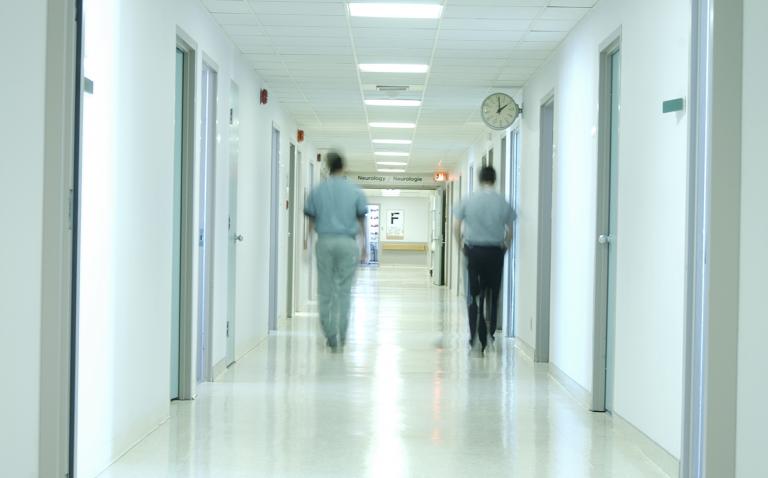MRSA expert Dr Bill Love has called for the NHS to use faster acting drugs to implement Sir Richard Branson’s proposal for MRSA screening for hospital staff. Dr Love’s drug development company Destiny Pharma is currently undertaking clinical trials for a new anti MRSA drug codenamed XF-73 which aims to allow a faster eradication of the hospital ‘Superbug’.
In his role as Vice President of the Patients Association, Sir Richard Branson is campaigning for all hospital staff to be regularly screened for MRSA and treated immediately if found to be carrying the Superbug. Despite discouraging reactions from the British Medical Association, Dr Love has given his support to the campaign in a statement released today.
One of the main objections to screening and decolonising staff MRSA carriers is that it can take up to two weeks to effect MRSA eradication and taking staff off wards for this long would put massive pressure on NHS resources. Dr Love argues that this could be overcome with faster-acting drugs that could eradicate MRSA in a much shorter period. In addition, the new drug, XF-73, has shown to have continued effectiveness against MRSA after multiple exposures, indicating MRSA may find it hard to become resistant to this new drug’s action. Therefore XF-73 could be used in a more widespread fashion allowing for a greater proportion of MRSA carriers in hospitals to be cleared of the Superbug, and assist in reducing MRSA infections even further.
This addition to the debate on hospital infections comes just before the NHS’ deadline for implementing MRSA screening of patients. Back in October 2007 the Government promised that all hospital patients would be screened for MRSA as part of standard procedure by March 2009. Results of this roll out are yet to be released so it is not known whether the Government has managed to meet its target. So far this intervention seems to be having a positive impact on the number of MRSA infections, albeit there is still a long way to go.
Dr Bill Love commented: “Eradication of MRSA from patients must be the first priority. Once this is in place the next logical step to quickly lower MRSA transmission and infection rates is to screen hospital staff for MRSA and treat them immediately if they are found to be carriers.
All of the people who have opposed Sir Richard Branson’s proposal have done so on the grounds of the impracticality and cost involved in putting members of hospital staff out of action for two weeks. Yet effective MRSA decolonisation does not need to take two or even one week to effect – this is just the treatment protocol for the drugs that are currently available. Better drugs are needed alongside a commitment to screening.”
Derek Butler, Chair of MRSA Action UK added: “I have seen for myself the devastation infections like MRSA can have on people and families and we welcome the screening program introduced by the Government. We do however have concerns that the screening program may be brought to a halt in the not to distant future because of the growing resistance to existing treatments and the lack of new drugs for decolonisation available to combat this bacteria.
History has shown that bacteria are the best biochemists on the planet and that they quickly adapt to prolonged use of treatments, this is why we welcome new drugs such as XF-73.
We believe universal screening of all patients for MRSA is having a positive effect in bringing down MRSA rates. However we must not take our eye off the ball, and instead concentrate our efforts to screen both patients and staff for MRSA so that we can help to eradicate as much as possible this scourge in our hospitals.










